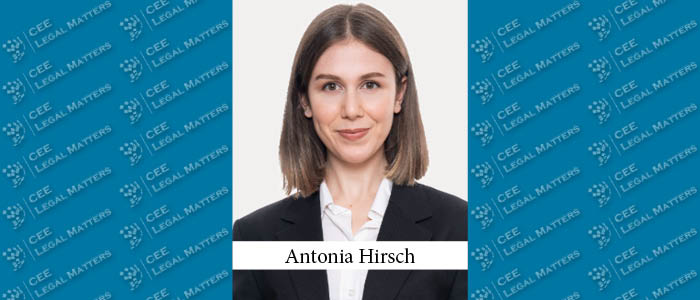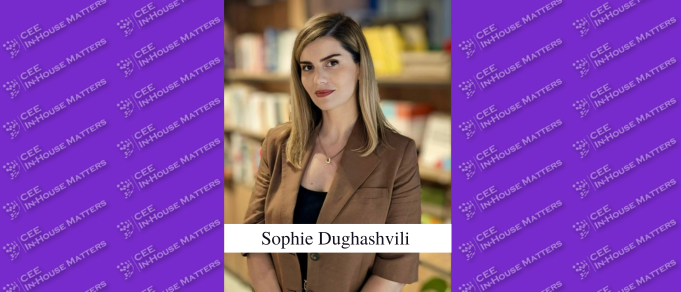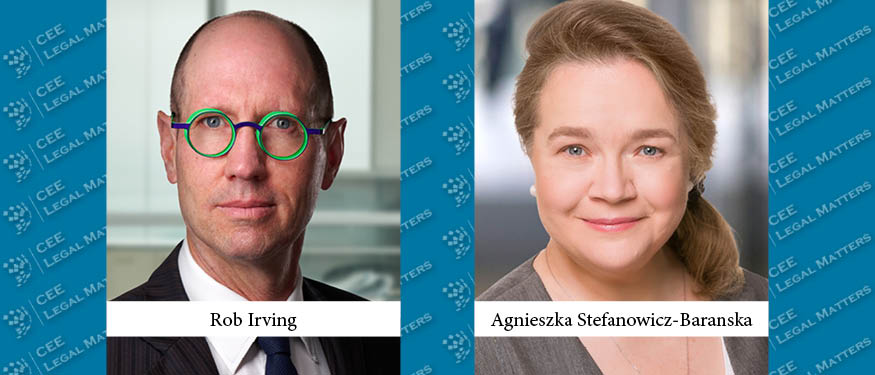Turunc has advised Pollet Medical Group on obtaining the approval of the Turkish Competition Board for the majority acquisition of Farmasol.
Avellum Advises Knorr-Bremse on Merger Clearance for Acquisition of Alstom Signaling
Avellum has advised Knorr-Bremse on obtaining merger clearance from the Antimonopoly Committee of Ukraine for its acquisition of Alstom Signaling via its subsidiary Knorr Brake Holding Corporation.
Austria: Can I Claim that My Product Is Climate Neutral?
In a recent judgment, the German Federal Court of Justice (BGH) held that the claim "climate neutral" is ambiguous and often misleading unless the advertisement itself explains its specific meaning. This sets a trend for Austria, where courts have traditionally followed the standards set by the BGH in relation to environmental advertising when assessing such claims under unfair competition law. On an EU level, the restrictions regarding claims about greenhouse gas emissions are becoming even stricter, leaving advertisers with much to consider before making claims such as "climate neutral".
Bernitsas Advises Unity Holding Company on Acquisition of Entersoft
Bernitsas has advised Unity Holding Company on the acquisition of Entersoft. The firm also advised Unity Holding Company on obtaining the Phase 1 merger clearance for the acquisition from the Hellenic Competition Commission.
Gessel Advises Elemental Strategic Metals on Merger Clearance of its JV with Ascend Elements
Gessel has advised Elemental Strategic Metals on the merger clearance to form a joint venture called Elemental Strategic Metals with the American company Ascend Elements.
Romania Strengthens Screening of EU Investments
Further to the December 2023 amendments to the Romanian regime for screening inbound direct investments (that we previously covered here), which formally included EU investors within the scope of screening, the Romanian Parliament has adopted a new law (the “New Law”) to further strengthen the approach towards EU investors.
Gessel Advises on Gaz-System's Acquisition of Storage Poland Merger Clearance
Gessel has advised Gaz-System on the merger clearance of its acquisition of Gas Storage Poland from Orlen.



























